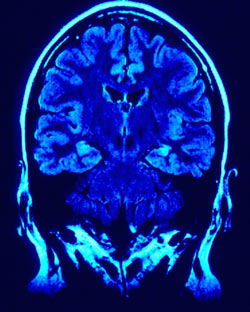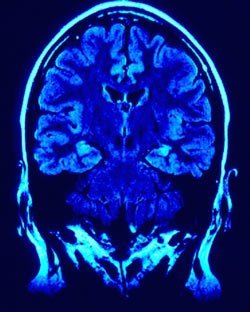This BBC story highlights research on dopamine’s role in wanting versus liking:

…wanting is more fundamental than liking. Ultimately, it doesn’t matter for the preservation of our genes whether we like sex, or like food. Far more important is whether we want to have sex, and whether we seek out food.
The single most important implication of the wanting-liking distinction is the insight it offers us into addiction – be it to drugs, alcohol, gambling, and perhaps even to food.
For the addict, wanting becomes detached from liking. The dopamine system learns that certain cues – such as the sight of a coffee machine – can bring rewards. Somehow, in ways that are not fully understood, the dopamine system for the addict becomes sensitised. The wanting never goes away, and is triggered by numerous cues. Drug addicts may find their urge to take drugs sparked by a syringe, a spoon, even a party, or being on a street corner.
But the wanting never ceases to go away – or not for a very long time. That makes drug addicts extremely vulnerable to relapse. They want to take the drugs again, even if the drugs give them little or no pleasure. For rats, the dopamine sensitisation can last half a lifetime. The task now for researchers is to find whether they can reverse this sensitisation – in rats, and then hopefully, in humans.
The science of addiction: Do you always like the things you want?
Does it matter?
Well, of course, better understandings of addiction can lead to better treatments.
I’m also a believer that better understandings of the complexity of addiction will lead to more compassion from providers and the public. Addiction is more than hedonism. It’s a disorder of learning, memory, wanting, liking, the will, decision-making, and more.
